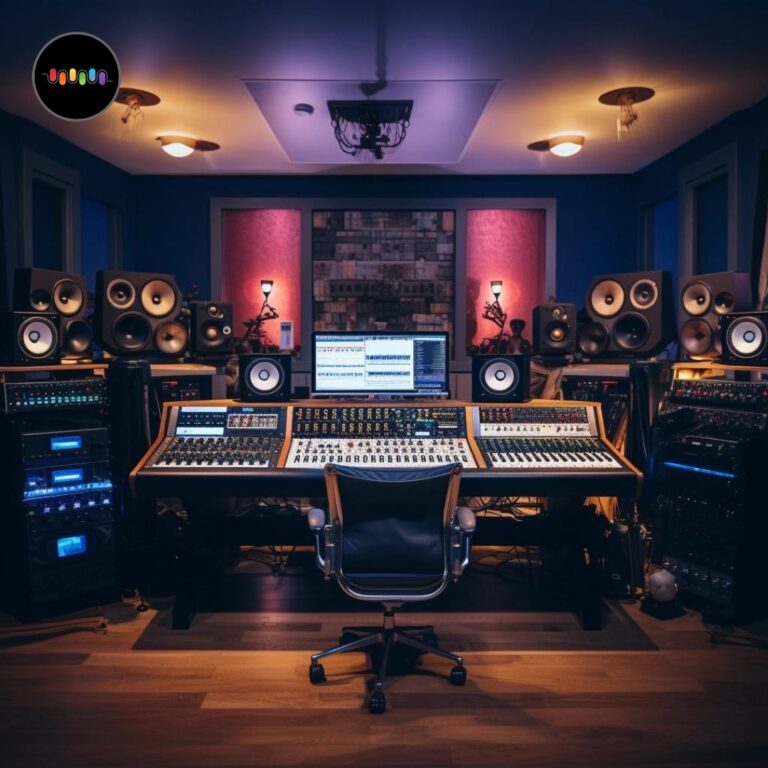Whether you’re a YouTuber, a filmmaker, or a podcaster, mixing and mastering is very important to bring out the best of your content by enhancing its quality. We will explain in this blog what they are and why they play a huge role in elevating the viewer’s experience.
What is Mixing in Music
Mixing in music means blending different tracks together to make them sound good together. It includes adjusting the volume, balance, and equalisation of each track to get the right overall sound. A talented filmmaker, working with a skilled sound engineer, can make sure that the instruments in a movie sound good together, contributing to the overall music experience.
Importance of Mixing in Background Music
Mixing is crucial in content creation as it affects the viewer’s experience. A well-mixed track in your video can elevate the emotional impact of your content, enhance the overall experience, making it sound professional and polished. On the other hand, a poorly mixed track in your video can make it sound cluttered, unbalanced, and lacking in clarity, leading to a less engaging viewing experience.
Beatoven.ai lets you download each stem separately which can be mixed together to create a perfect soundtrack, learn more about stems in music here.
How is mixed sound used in content?
Mixing finds use in film, television, games, etc. A filmmaker will use mixing to bring together dialogue, music, and SFX to create a balanced and immersive viewing experience. An example of impeccable sound mixing is the opening scene of Christopher Nolan’s Dark Knight, where the soundtrack ‘Why So Serious’ by Hans Zimmer, sound effects, and dialogue between actors build up to the introduction of the film’s antagonist.
What is Mastering in Music?
Mastering in music is the final step in the production process, where the individual tracks of a mix are prepared and assembled for distribution. It involves optimising the overall sound of the mix, ensuring consistency across tracks, and preparing the music for various formats and playback systems.
Why is Mastering in Music Important?
Mastering is important as it adds the final polish to a mix, making sounds balanced and ready for commercial release. It also ensures that the music translates well across different mediums like phone, television or theatre and maintains its sonic integrity.
How is mastered sound used in content?
Mastering is used in various contexts, including music albums, singles, film soundtracks, and streaming services. In filmmaking, a filmmaker may use mastering to prepare the audio for the final cut of a movie, ensuring that the sound is optimised for the big screen and various audio systems in theatres.
What is the difference between Mixing vs Mastering?
The key differences between mixing and mastering lie in their timing and objectives. Mixing occurs during the production phase, focusing on blending individual tracks to create a cohesive sound. Mastering takes place at the end of the production process, focusing on optimising the overall sound for distribution and various playback systems. Both processes are essential in content creation and complement each other to ensure that the final product is of the highest quality.
Conclusion
In conclusion, mixing and mastering are vital processes in music production that significantly impact the quality and impact of a song or soundtrack. Understanding the techniques and differences between mixing and mastering can help aspiring musicians and filmmakers achieve professional and polished results. So when you’re working on any video content of your own, remember the importance of these two art forms in delivering an exceptional audio experience to your audience.
If you are a Film maker, Podcaster, Game creator or a Youtuber looking to get background music for your content, then try out Beatoven.ai and craft original music for free.

